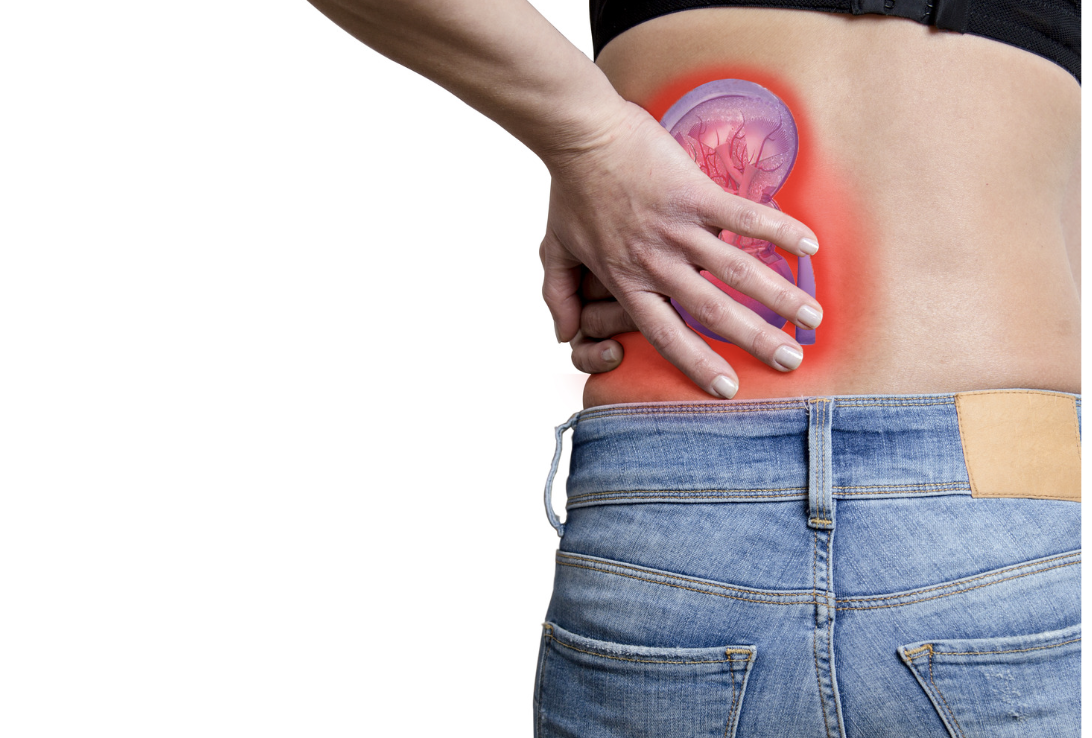Older people may suffer from chronic conditions due to the physiological changes that occur due to aging. These may include slower metabolism, body aches, chronic pulmonary, cardiac, or renal diseases, diabetes, depression, and dementia. Kidney diseases, also known as renal diseases, are commonly found among older adults and steadily affect their quality of life.
In many cases, kidney disease, especially chronic kidney disease, is fatal. So primarily, discussing with your doctor if you are facing any kidney-related problems and symptoms is essential.
This article discusses natural management tips to prevent kidneys from diseases or to accelerate kidney healing.
- Reduce salt intake
A constantly high salt diet can cause sodium imbalance in the kidneys, which may result in reduced renal function. Also, due to high-salt foods, the body starts retaining more water and increasing blood pressure. Unfortunately, as well as increasing the risk of high blood pressure, salt also increases the risk of developing kidney stones. However, kidney stones are not the direct cause of kidney disease, but if not treated early, they may cause kidney damage and, ultimately, kidney failure.
Seniors must realize how much salt they take in their daily routines, as constant strain on kidneys may lead to kidney disorders. If seniors cannot cook their meals and constantly check their salt intake according to their requirements, caregivers should be cautious. One can easily lower salt intake by eating homemade meals, avoiding processed foods, and eliminating table salt from the diet.
- Manage diabetes
Diabetes is a significant factor in causing kidney disease. Constant high blood sugars cause physiological damage to the kidney cells (nephrons), leading to renal disorders. However, if a diabetic person manages blood glucose levels by taking care of food, physical activity, and medications, one can prevent kidney disorders.
- Stay hydrated
The kidney’s primary function is to filter toxins from the blood and excrete those toxins from the body through urination. Less water intake can cause dehydration and increase the chances of urinary tract infection (UTI) and kidney stones. If not treated on time, UTI and kidney stones may lead to kidney disorders.
In addition, Individuals who do not drink water as recommended will have more toxins in the body and less filtration rate, which will gradually affect the kidneys. Although senior citizens drink little water due to less physical activity, one should look out for it.
- Limit the use of alcohol and caffeine
Both alcohol and caffeine are problematic for the kidneys as both increase blood pressure and lowers kidney function. In addition, the sudden shift in blood pressure can cause kidney disorders, so one should limit or eliminate alcohol and caffeine in older age.
- Do not overuse painkillers.
Medications during their metabolism pass through kidneys and may lead to kidney disorders if taken for a long time and excessively. Therefore, seniors should ask doctors before taking any medications to prevent kidney diseases.
- Do not ignore urinary tract infections (UTIs)
Urinary tract infection is not treated promptly, it may spread to the kidneys. Infected kidneys lose their function and may become long-term damaged. UTIs are primarily observed in women than men. There are very significant signs of UTI, like difficulty in urination, cloudy urine, burning sensation while urinating, and frequent urination. Antibiotic therapy is mainly given to patients to treat UTIs.
Take home
Healthy kidneys are essential for quality of life, and one can prevent kidney diseases in older age by following a few tips. Reducing salt intake and staying hydrated can protect the kidneys. In addition, managing diabetes and limiting overusing alcohol, caffeine, and medicines lessen the chances of kidney disorders. Moreover, visit your doctor instantly if UTI signs appear.

